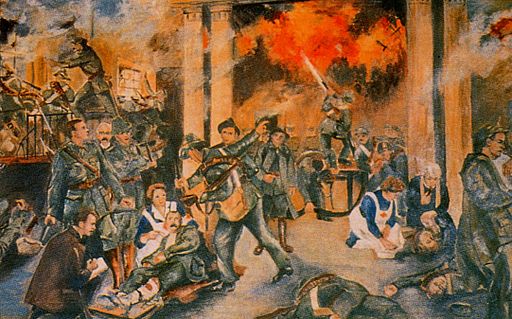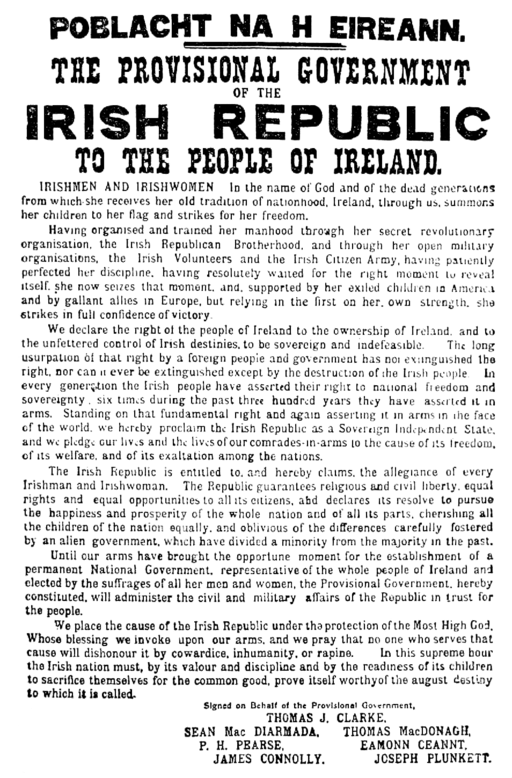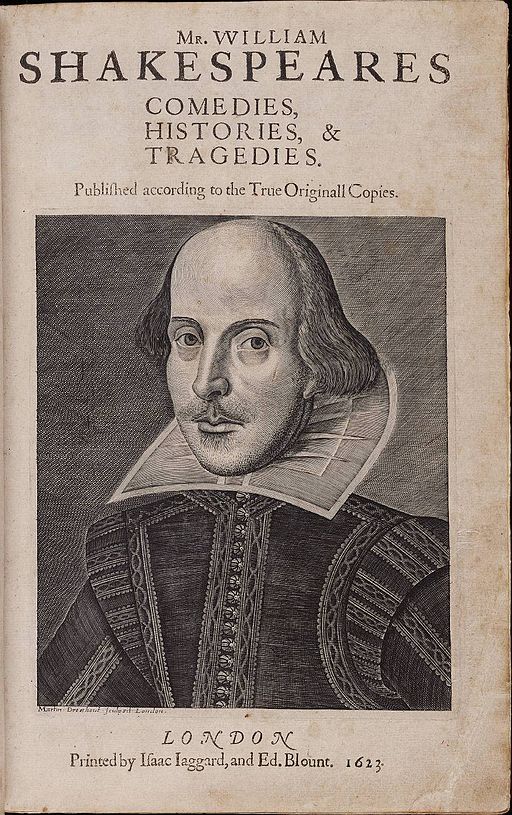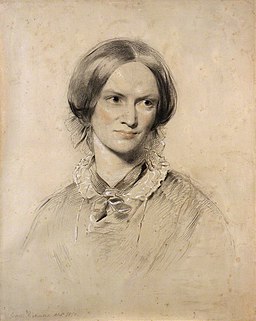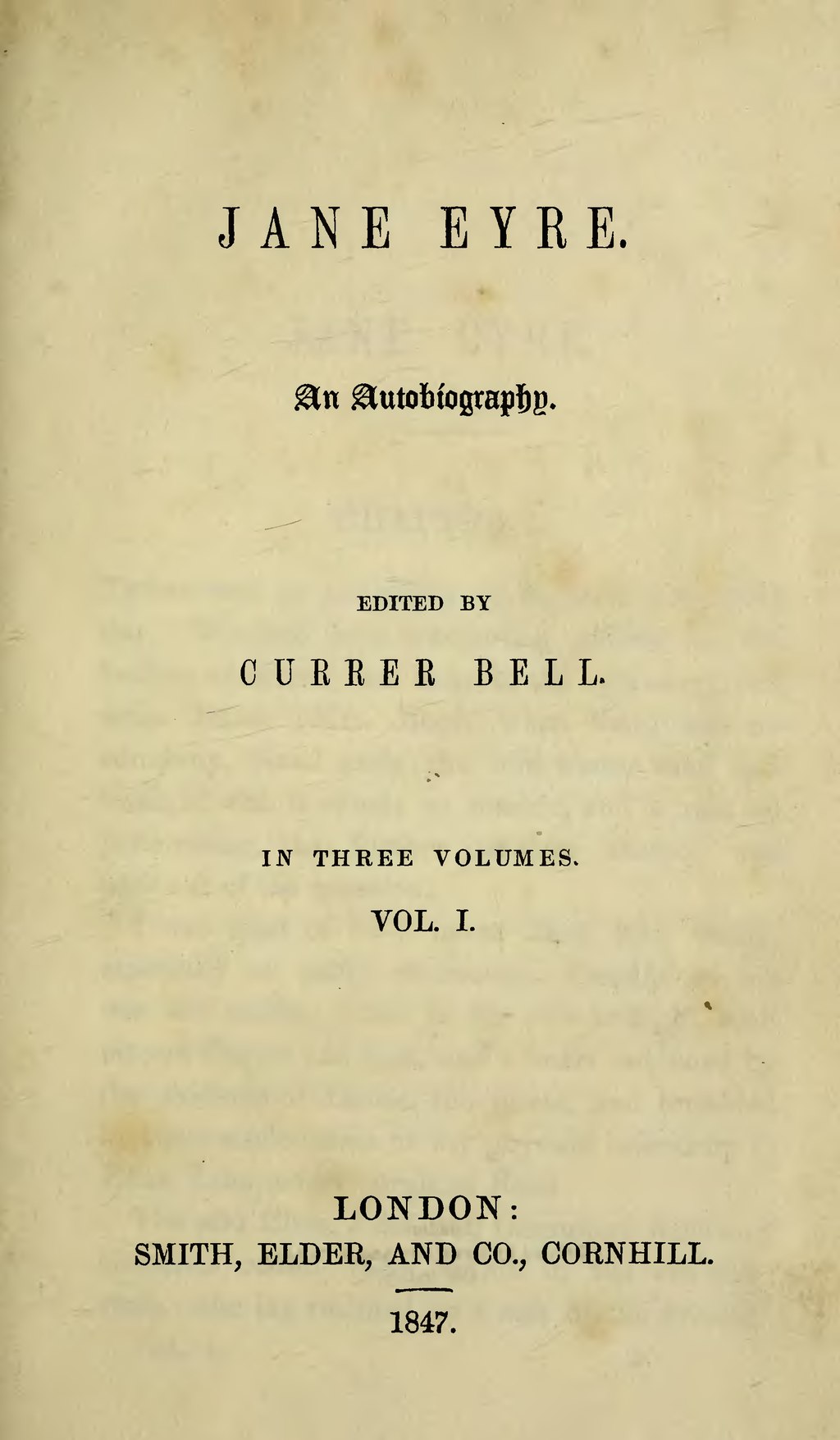Charlotte Brontë, novelist and poet, senior member of the famous literary trio of sisters, was born on this day in 1816.
While not the eldest of Brontë sisters (she was preceded by two sisters who died prematurely; a fate that seems to have plagued the family), she was the eldest of the three who survived into adulthood and went on to achieve literary success. In order to do this, they felt it necessary to disguise their identities, at least initially. Charlotte gave their reasoning thus:
Averse to personal publicity, we veiled our own names under those of Currer, Ellis and Acton Bell; the ambiguous choice being dictated by a sort of conscientious scruple at assuming Christian names positively masculine, while we did not like to declare ourselves women, because – without at that time suspecting that our mode of writing and thinking was not what is called "feminine" – we had a vague impression that authoresses are liable to be looked on with prejudice; we had noticed how critics sometimes use for their chastisement the weapon of personality, and for their reward, a flattery, which is not true praise. [source: Wikipedia]
As well as being the eldest of the three, Charlotte was the first of the sisters to achieve literary recognition, with the publication of
Jane Eyre in 1847. She also survived them when both Emily and Anne, following their brother Branwell, all died within a eight month period.
In addtion to
Jane Eyre, her most famous work, two other novels,
Shirley and
Villette, were published during her lifetime.
The Professor, her first novel (which had been rejected by publishers though not without words of encouragement that obviously had the intended effect) was published posthumously, along with other writings that include
Emma, an unfinished novel.
In 1854, she accepted a proposal of marriage from a family friend, Arthur Bell Nicholls (from whom she had taken her nom de plume). The couple honeymooned in Banagher, Co. Offaly. The family's Irish connections are, of course, well known. Their father, Patrick Brontë (born on St. Patrick's Day in 1777), hailed from County Down. He married a Cornish woman and while the Brontë sisters' literary output may seem intimately connected with the Yorkshire countryside, where they resided for pretty much all of their lives, they were, in fact blow-ins to that area. In the case of Charlotte, it has even been said that' she spoke with an Irish accent'.
She became pregnant shortly after her marriage but her health also started to decline. She died, with her unborn child, on 31 March 1855, aged 38, three weeks before her 39th birthday.
To mark her bicentennial year, the
Brontë Society and the Brontë Parsonage Museum has organised a series of events. Furthermore, they have even put in place a "five-year programme celebrating the bicentenaries of the births of each of the Brontë siblings: Charlotte in 2016, Branwell in 2017, Emily in 2018 and Anne in 2020. In 2019, we will be commemorating Patrick and the 200th anniversary of his invitation to take up his post at Haworth Parsonage."

